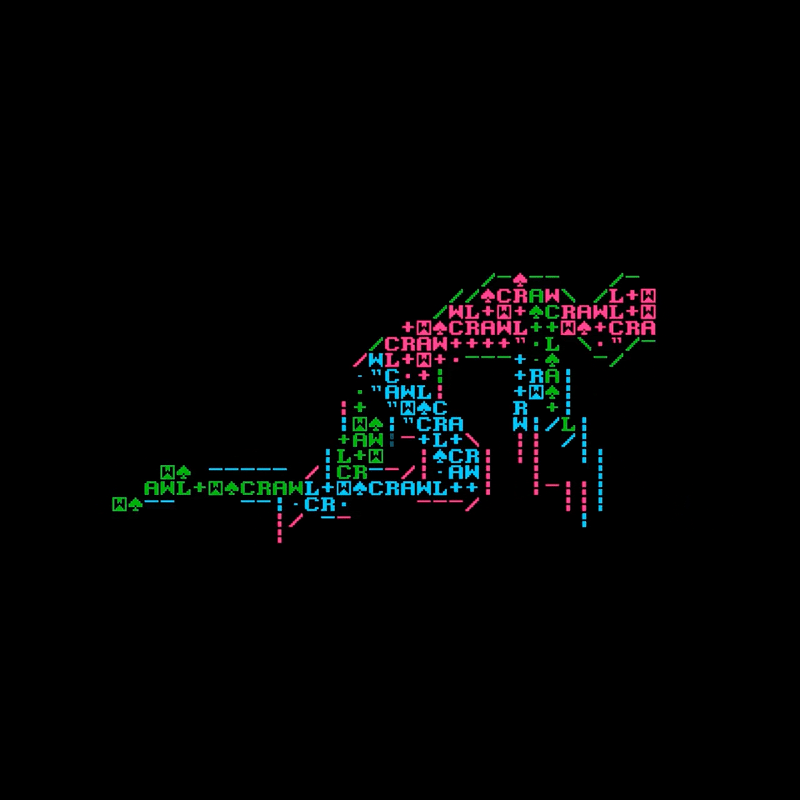
note
Dataism & Dadaists
When identity fluidity escapes biology
Around a century ago, a rowdy gang of artists was creating a new cultural movement that would frame countless outlooks throughout the industrial and information revolution: dada.
Dickerman traces Dada’s origins to the Great War (1914-18), which left 10 million dead and some 20 million wounded. “For many intellectuals,” she writes in the National Gallery catalog, “World War I produced a collapse of confidence in the rhetoric — if not the principles — of the culture of rationality that had prevailed in Europe since the Enlightenment.” She goes on to quote Freud, who wrote that no event “confused so many of the clearest intelligences, or so throuroughly debased what is highest.” Dada embraced and parodied that confusion. “Dada wished to replace the logical nonsense of the men today with an illogical nonsense,” wrote Gabrielle Buffet-Picabia, whose artist husband, Francis Picabia, once tacked a stuffed monkey to a board and called it a portrait of Cezanne. A Brief History of Dada | Smithsonian

Yuval Noah Harai’s 2016 book “Homo Deus” looks at how the human species arrived to where it is today, and aims to extrapolate from our past behaviors where we may end up in the next few decades. Homo Deus is about the next “evolution” of human beings as a species, and ends by proposing a new ideology will control the world, and our lives: Dataism.
It’s hard to sum up all of what Yuval describes leading up to his argument for Dataism - considering it took him 400+ pages. But if I were to try to create a summary for brevity’s sake, it might look something like this:
- Life advances alongside the adoption of ideologies that unify and direct progress
- Ideologies fall away when new discoveries are made that shift thinking
- In all stages of humanity, humans have used their ideologies to fight for a trend toward improving “happiness” - the logical conclusion of which ends with effectively eliminating all suffering
- We now know that everything in life is determined by biological algorithms. That life itself is effectively algorithmic
- To make The Great Algorithm we simply need more data to parse and understand
- As we strive to eliminate sufferin, we will merge with machine and grow alongside data itself
- The supreme asset of the future is collective data (as opposed to liberal humanism’s worship of individual experience)
In short, Harari’s view of the transhumanist future is one in which dataism as an ideology strips away the value of individual experience in favor of collective knowledge.
Modern Digi-Dataism
todo
Mom, dad, I’m going to become digital
todo